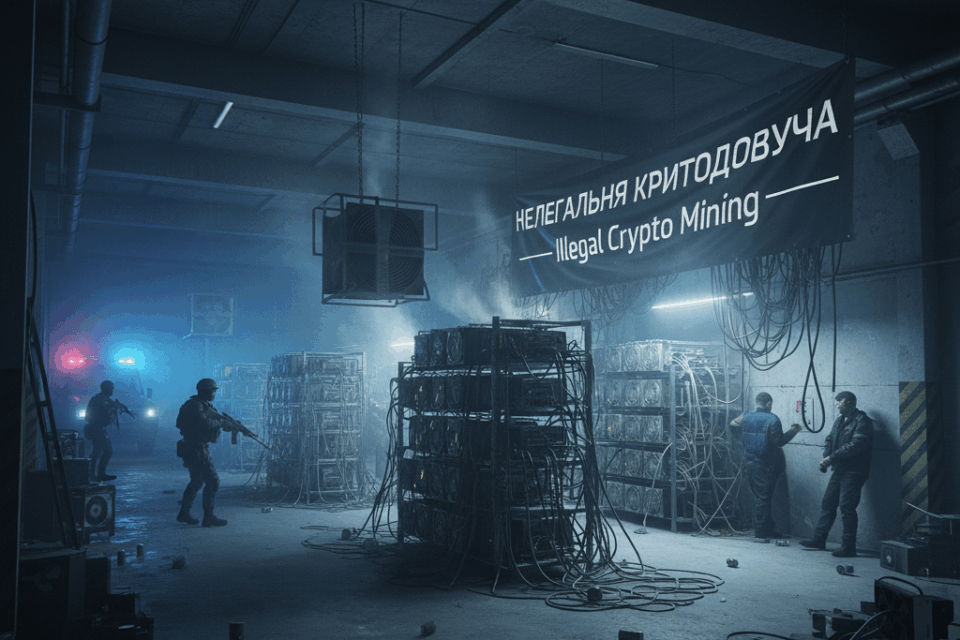A wave of facility closures targeting illegal crypto mining in Russia has resulted in losses exceeding $122 million for operators. The actions were driven by the state-owned electricity company Rosseti, which aims to curb unauthorized energy consumption nationwide. This measure poses a significant challenge to the profitability of digital mining in the region.
According to reports from Rosseti’s Urals division, illegal mining farms consumed an alarming amount of electricity, equivalent to the consumption of a large district. The state-owned company has intensified its efforts to detect and disconnect these fraudulent operations. Consequently, more than 500 lawsuits have been filed against the miners, seeking to recover the costs of the stolen energy.
The End of the Golden Era for Miners?
This regulatory offensive comes at a complex time for the industry. Although cryptocurrency mining is legal in the country, the Russian government has implemented strict oversight for these activities. Since 2023, the Prosecutor General’s Office has shut down dozens of unauthorized mining farms. This situation has primarily affected miners operating in residential areas, who use subsidized electricity tariffs to maximize their profits.
The core problem is the use of domestically allocated electricity for industrial purposes, a practice that destabilizes the power grid. Furthermore, massive energy consumption by illegal miners creates overloads and poses risks to the infrastructure. These regulatory actions aim not only to recover losses but also to ensure a stable electricity supply for citizens and legitimate companies.
An Uncertain Future for the Industry
The impact of these measures is considerable for the country’s cryptocurrency mining sector. The profitability of miners is directly threatened by these actions, as their profit margins largely depended on the low cost of illegally obtained electricity. Now, they face not only the loss of their operations but also substantial fines and the obligation to pay for the energy they consumed.
This situation highlights the growing pressure from governments worldwide to regulate the sector. Meanwhile, operators in the illegal crypto mining in Russia industry face an increasingly restrictive landscape. Future prospects suggest that only those who adapt to a clear regulatory framework and operate with full transparency will be able to survive in the competitive digital asset mining market.

